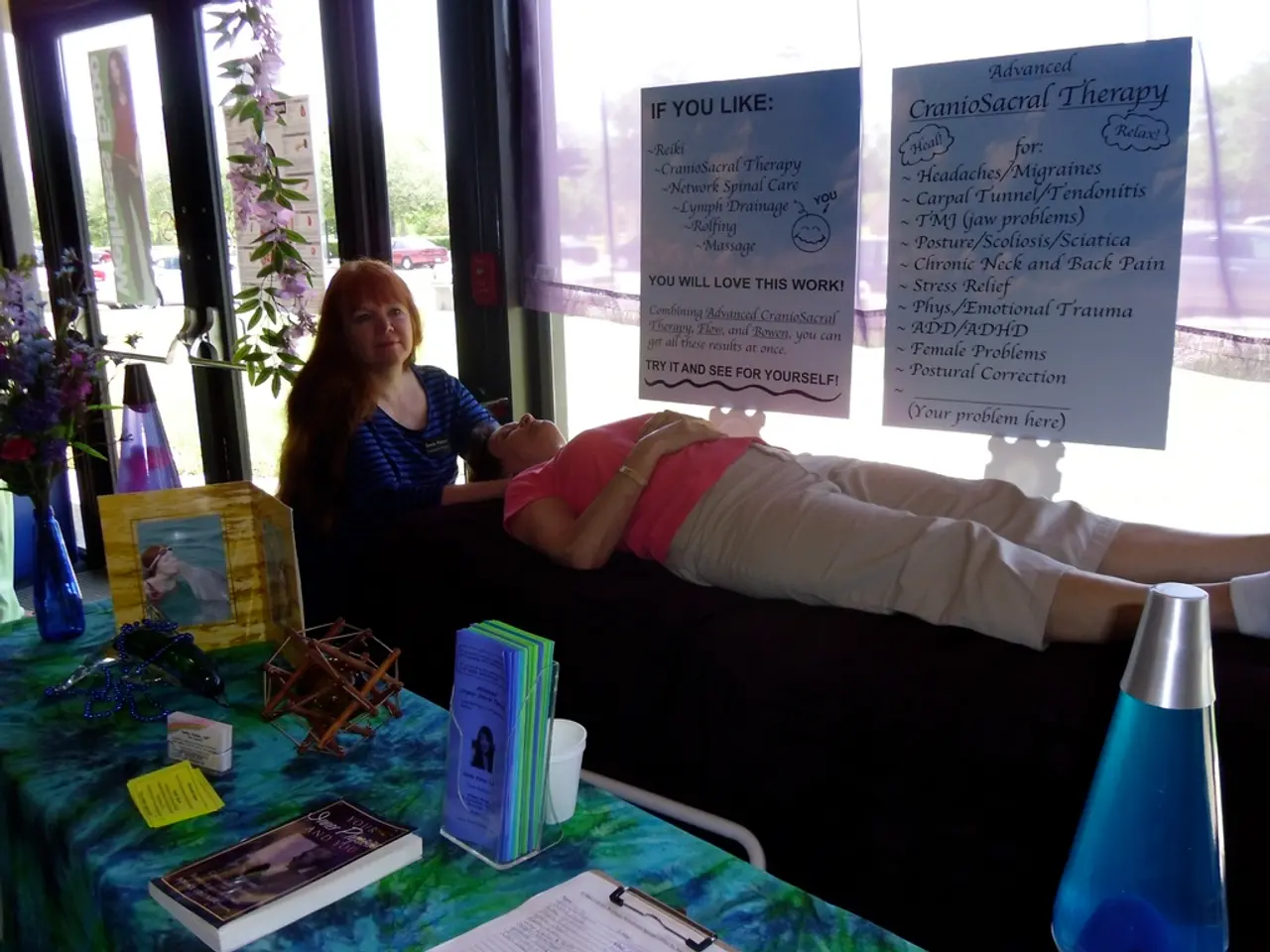symptoms related to premenstrual syndrome (PMS)
Premenstrual Syndrome (PMS) is a common condition that affects many women in the days leading up to their menstrual period. This article aims to provide an overview of PMS, its causes, symptoms, and treatment options.
The term PMS refers to a collection of physical and emotional symptoms that women may experience. These symptoms can include mood swings, irritability, anxiety, depression, PMS cramps, bloating, breast tenderness, and headaches.
Understanding the causes and risk factors of PMS can help women make informed choices about lifestyle changes and seek appropriate treatment. PMS is believed to be linked to hormonal changes, particularly fluctuations in estrogen and progesterone levels. Some women may be particularly sensitive to these fluctuations, leading to PMS symptoms.
Other factors that contribute to PMS include serotonin deficiency in the brain, mineral deficiencies such as magnesium and calcium, genetic predisposition, and psychosocial factors like stress and underlying depression.
Treatment options for PMS are varied and can include lifestyle modifications, over-the-counter medications, and prescription medications. Lifestyle modifications might include dietary changes, regular exercise, stress management, and establishing a sleep routine. Over-the-counter medications like NSAIDs and certain vitamins and supplements may provide relief from PMS symptoms for some women.
For more severe or debilitating symptoms, it may be necessary to consult a healthcare professional for guidance on treatment options, including hormonal treatments and antidepressants. Mind-body techniques such as mindfulness and cognitive behavioral therapy (CBT) can be beneficial for managing emotional symptoms of PMS. Some women may also find relief through traditional Chinese medicine techniques like acupuncture.
In addition, herbal supplements like chasteberry and evening primrose oil may help alleviate PMS symptoms for some women. However, it is essential to consult a healthcare professional before starting any new supplement regimen.
PMS occurs during the luteal phase of the menstrual cycle, which is the time between ovulation and the start of menstruation. Staying hydrated by drinking plenty of water can help reduce bloating and improve mood in women with PMS. Practicing meditation and deep breathing exercises, engaging in hobbies, and seeking support from friends, family, or therapists can also help manage stress and provide emotional relief.
It is important to note that PMDD (premenstrual dysphoric disorder) is a more severe form of PMS that can cause debilitating symptoms that interfere with daily life and may require medical intervention.
In summary, PMS results from a complex interplay of hormonal fluctuations, neurotransmitter changes, mineral deficiencies, genetic susceptibility, and psychosocial factors. By understanding these factors and making informed choices about lifestyle changes and treatment options, women can effectively manage their PMS symptoms and improve their quality of life.
[1] Mayo Clinic. (2021). Premenstrual syndrome (PMS). Retrieved from https://www.mayoclinic.org/diseases-conditions/premenstrual-syndrome/symptoms-causes/syc-20363538
[2] American College of Obstetricians and Gynecologists. (2021). Premenstrual syndrome (PMS) and premenstrual dysphoric disorder (PMDD). Retrieved from https://www.acog.org/womens-health/faqs/premenstrual-syndrome-pms-and-premenstrual-dysphoric-disorder-pmdd
[3] National Health Service (NHS). (2021). Premenstrual syndrome (PMS). Retrieved from https://www.nhs.uk/conditions/premenstrual-syndrome-pms/
[4] Office on Women's Health. (2021). Premenstrual syndrome (PMS). Retrieved from https://www.womenshealth.gov/a-z-topics/premenstrual-syndrome-pms
- Mental health plays an essential role in the manifestation of PMS, as serotonin deficiency and stress can exacerbate symptoms, while mindfulness and cognitive behavioral therapy (CBT) may offer relief.
- Women's health encompasses not only physical symptoms of PMS but also its impact on overall well-being, including fitness-and-exercise for stress management, health-and-wellness through dietary modifications, and seeking professional help for severe PMDD.




